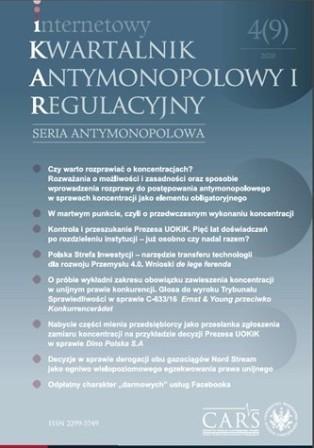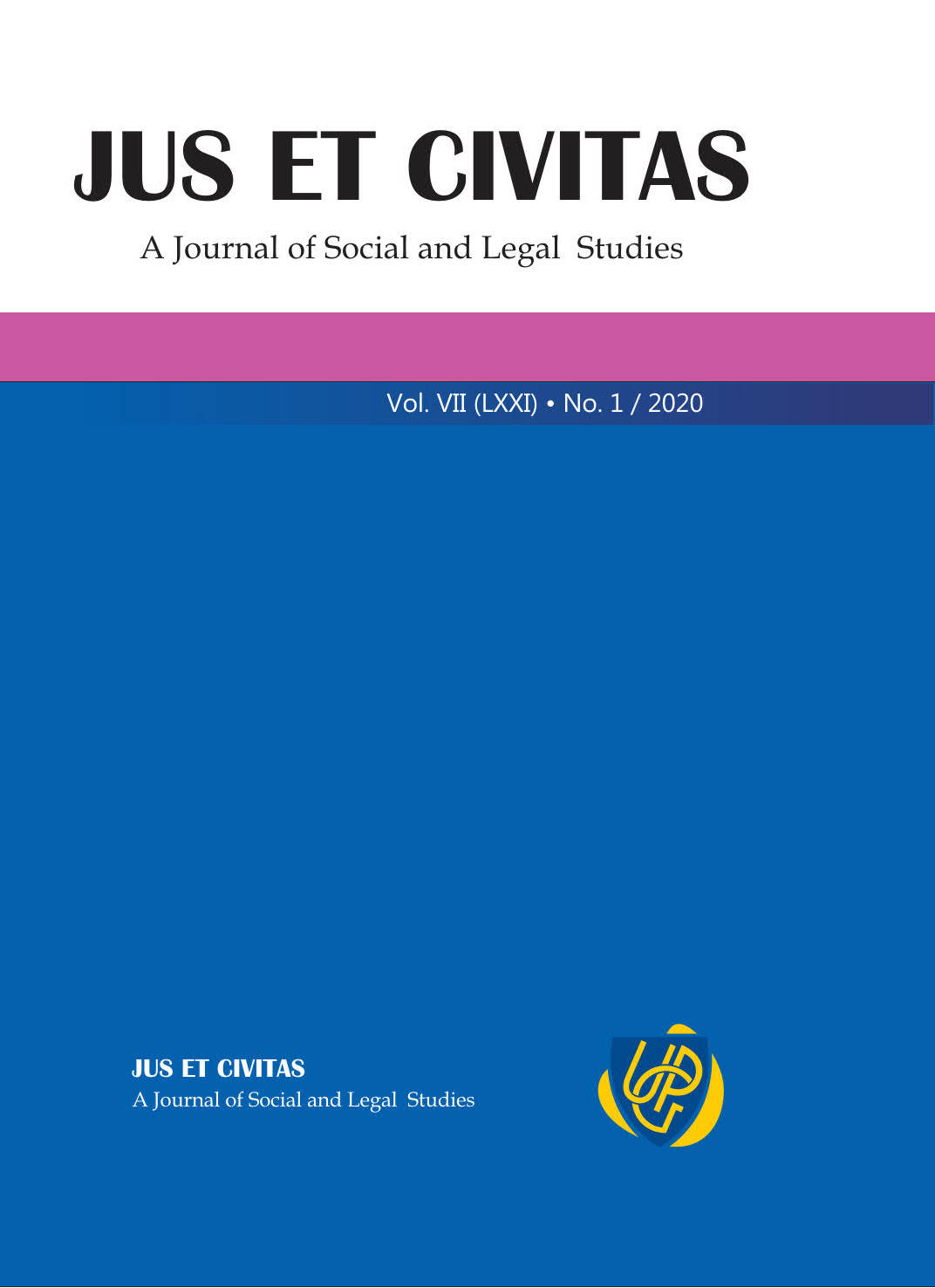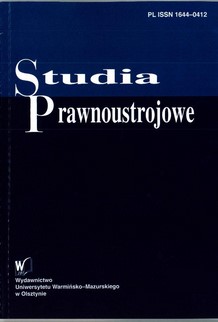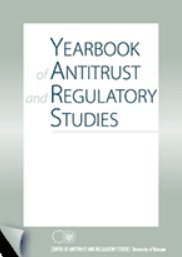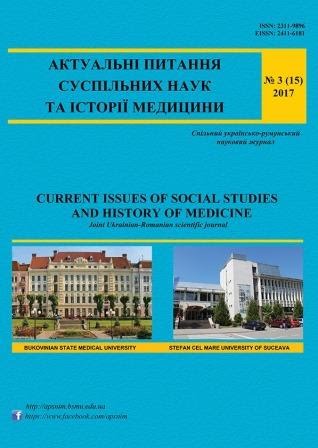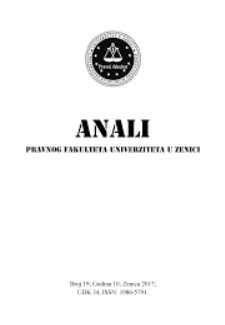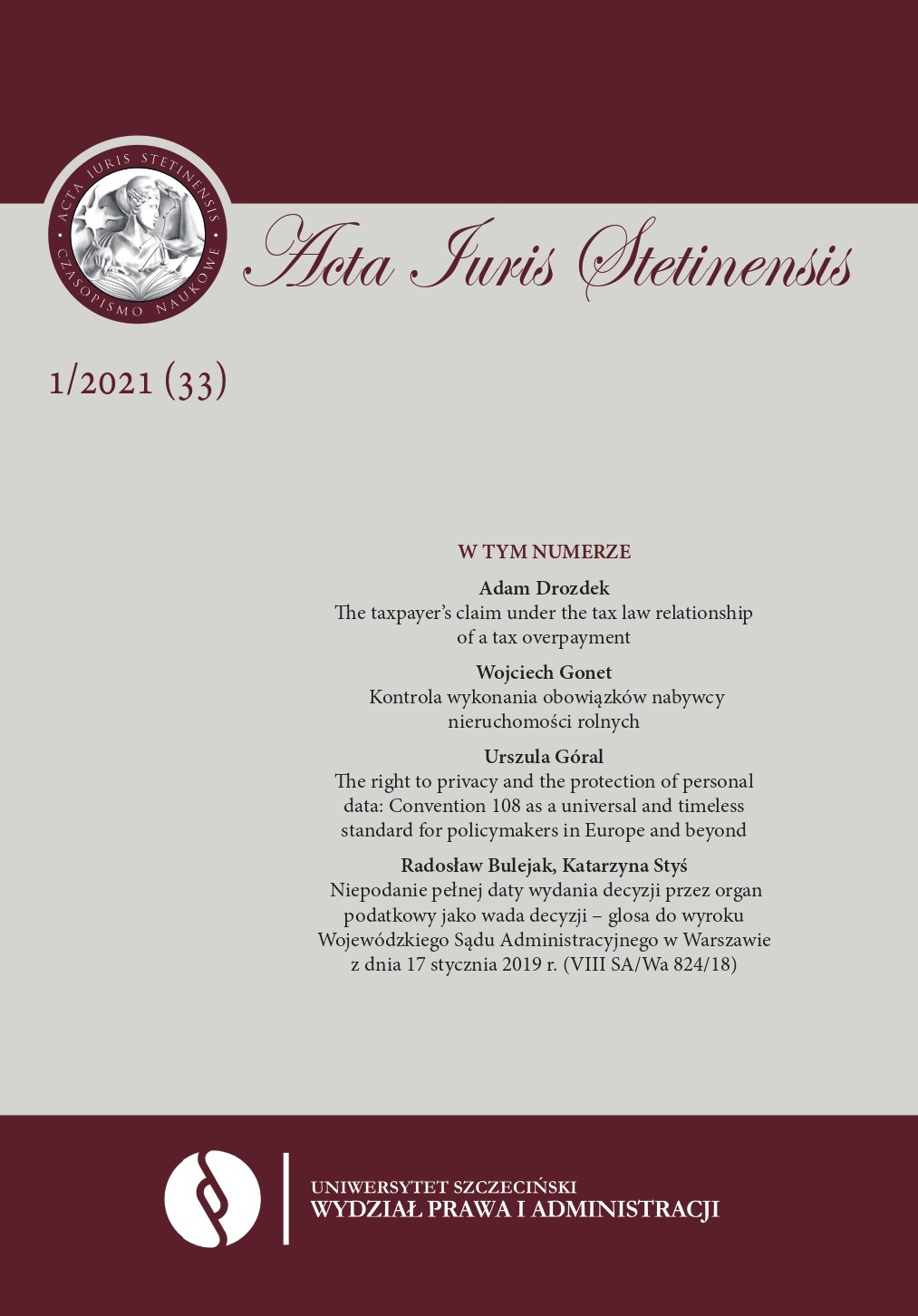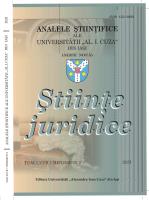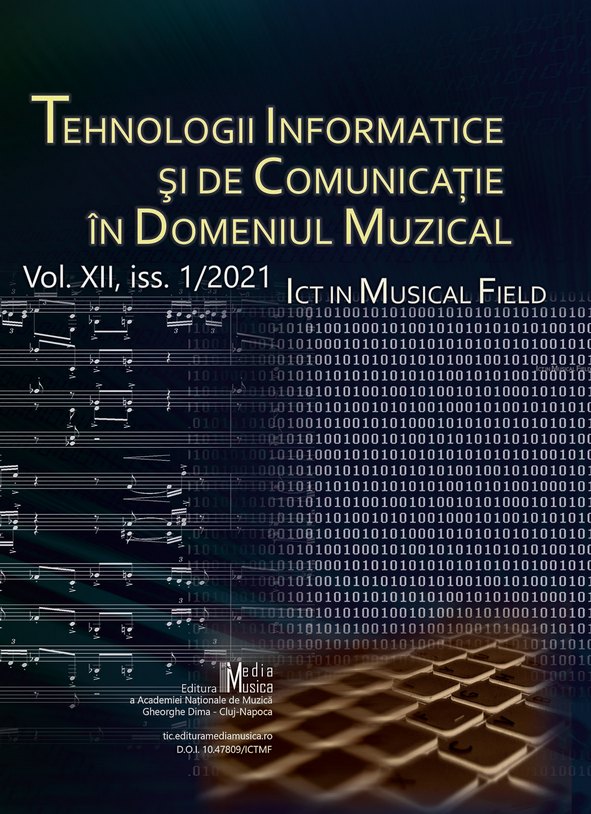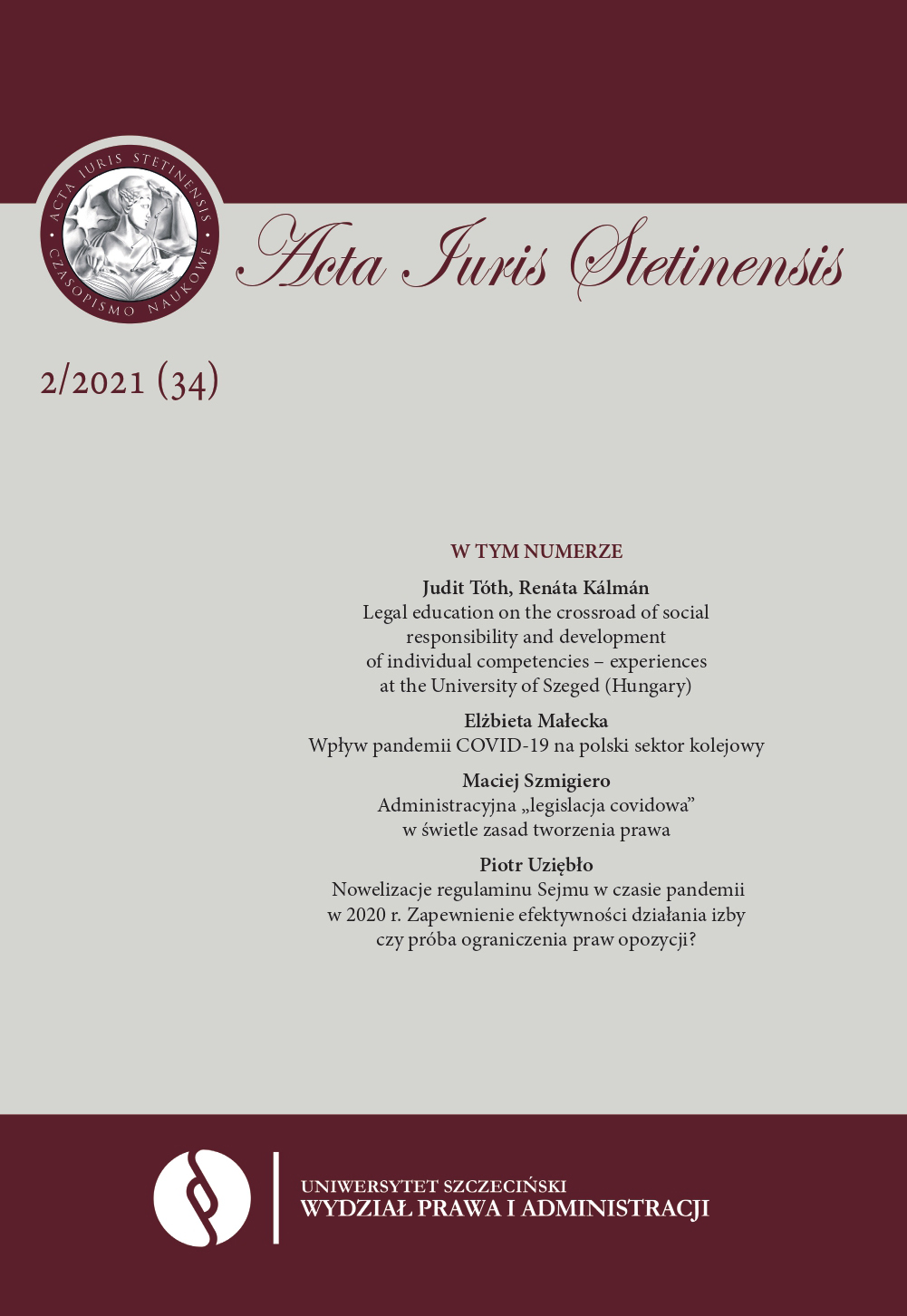Author(s): Yelyzaveta Miadzelets,Inna Pidbereznykh / Language(s): Ukrainian
Issue: 4/2020
Recently, the problem of discrimination and racism has become particularly acute in American society due to the fact that racism still exists in the subconscious of Americans. This is evidenced by the discriminatory speeches of former US leader Donald Trump, the methods used by the police against the black population and the attitude of the older generation of the southern states. In the 21st century, no statement or action can go unnoticed and have a great resonance, but this was not always the case. The theme of racism is still not forgotten, because there are still stories in which there is discrimination on the basis of race. The purpose of this article is to analyze the path of black people and activists, from humiliation, discrimination, lawlessness to respect and equality. Find out what obstacles activists encountered in gaining civil rights. Research methods: used general scientific research methods (logical, structural-systemic, analysis, synthesis, induction, deduction, method of comparison) and specific-historical (comparative-historical, historical-genetic, historical-typological). Conclusions. Activists of the civil rights movement of the black population have achieved extraordinary results. The black population was finally able to move freely around the country, not afraid of persecution by radical racist organizations. They received the right to get a high-quality education, to visit various public places, parks and libraries previously prohibited for them; they began to be served in cafes and restaurants. On public transport, everyone could sit wherever they wanted. Most importantly, they were given the right to vote, the right to get a good job and a promotion, and all those rights that were not available to them because of their skin color. Civil rights activists and ordinary citizens have come a long way for equal rights, but to get rid of prejudices based on race, unfortunately, still a long way to go.
More...
